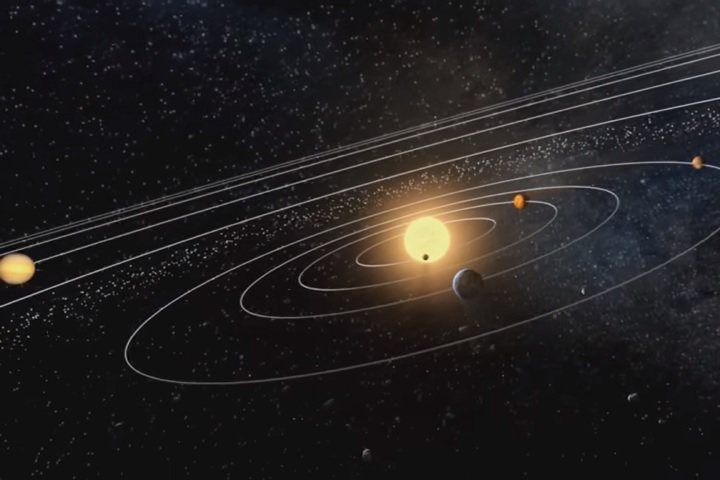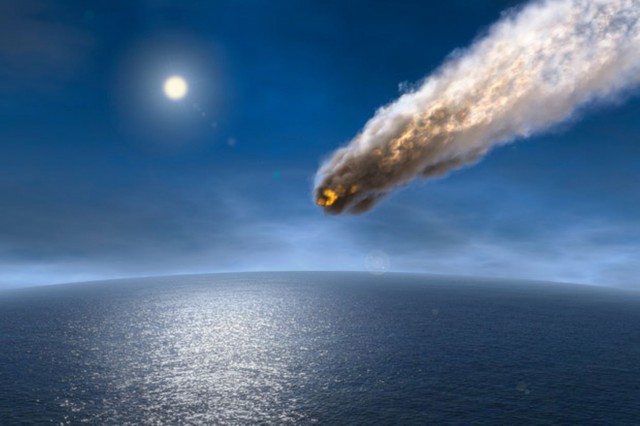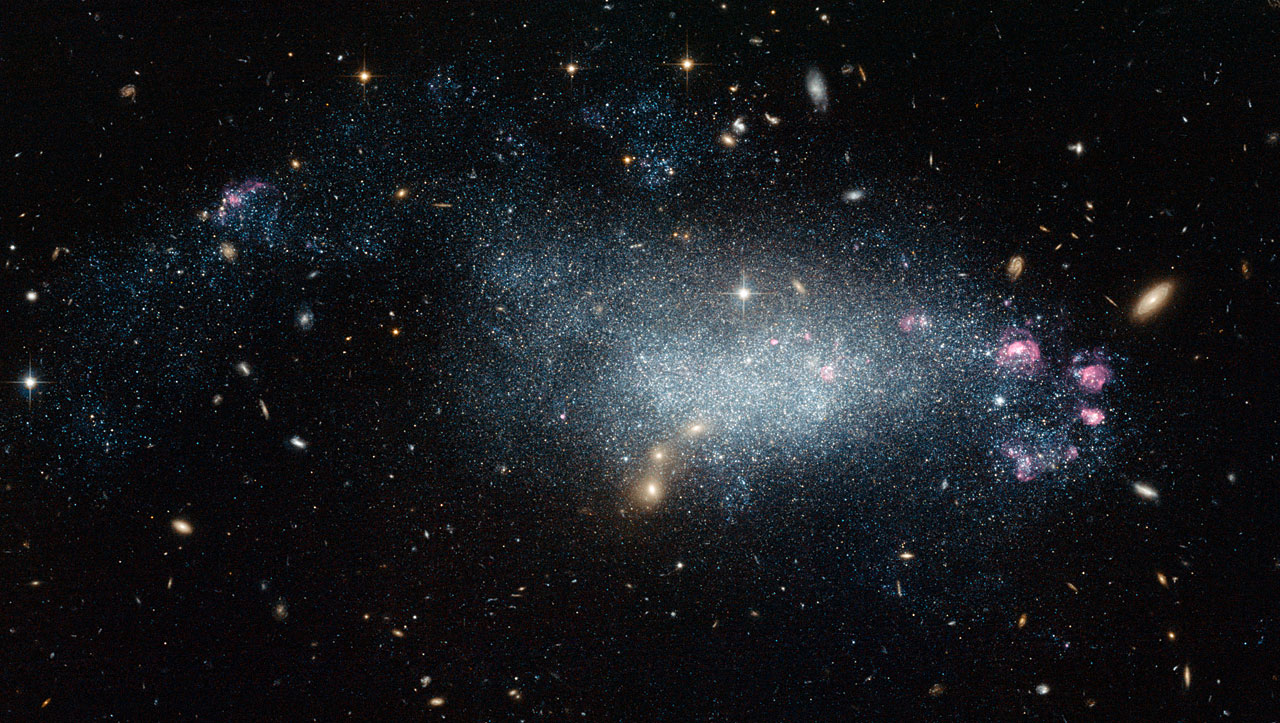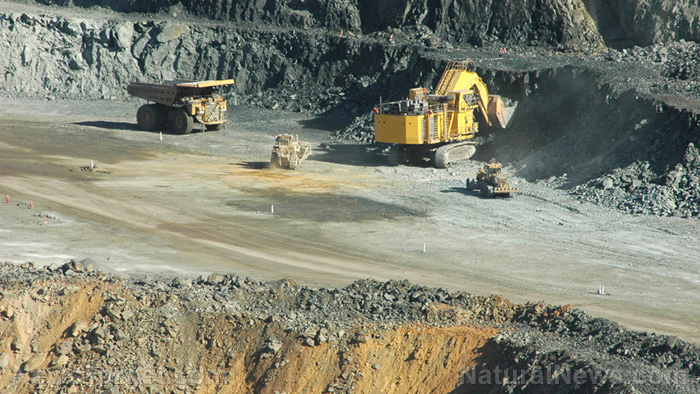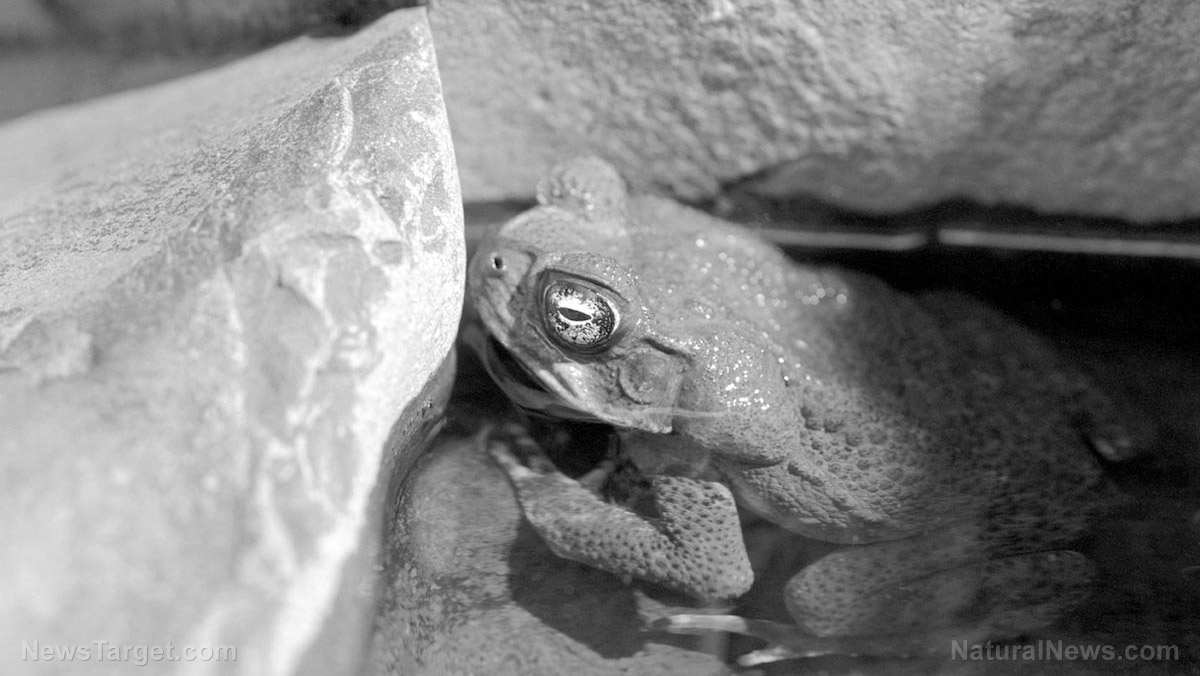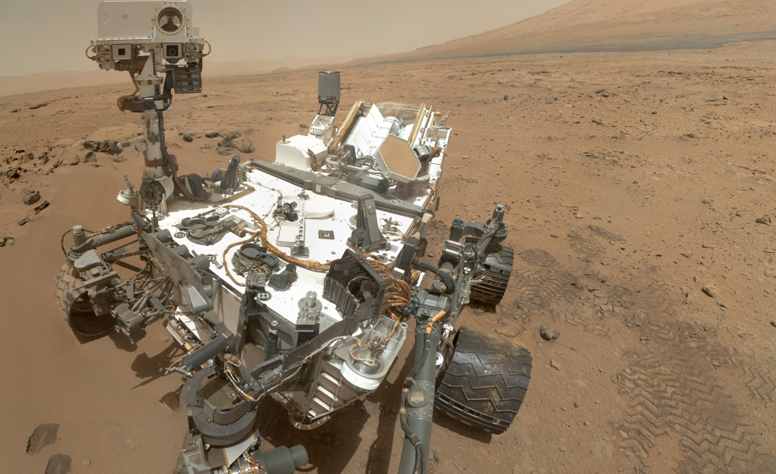Winchombe meteorite that crashed on driveway found to contain the building blocks of life
01/25/2023 / By Kevin Hughes
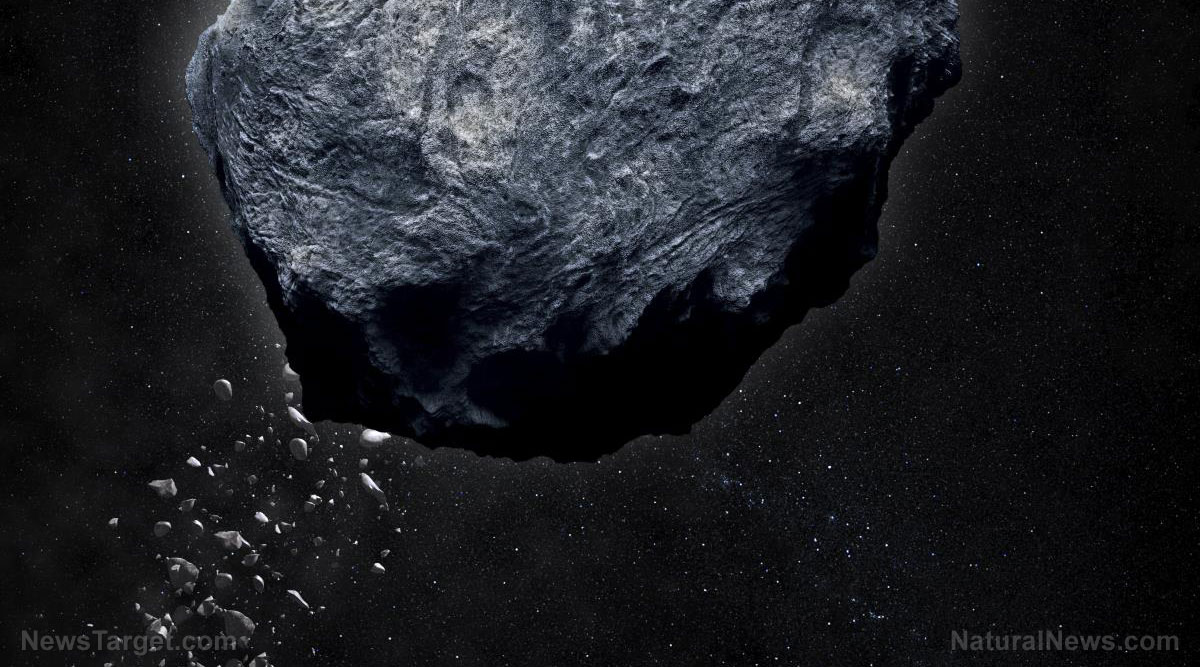
The Winchcombe meteorite, which crash-landed on a driveway in Winchcombe, Gloucestershire, England in 2021 and was pristine enough to rival asteroid samples taken directly from space, contains amino acids that likely led to the spawning of life on Earth.
An analysis of the meteorite, headed by Dr. Queenie Chan from the Department of Earth Sciences at Royal Holloway, University of London, has found organic compounds from space that may hold the secrets to the origin of life. (Related: Organic matter found in ancient meteorites may hold clues to understanding the birth of life on Earth.)
Results of the study was published on January 9 in the journal Meteoritics & Planetary Science.
Chan and her team found a series of organic matter showing that the meteorite was once part of an asteroid that possibly had been given access to water, which led to a chemical reaction that turned molecules into amino acids and protein – the building blocks of life.
The Winchcombe meteorite is a rare carbon-rich chondritic meteorite and is the first-ever meteorite of this kind to be discovered in the United Kingdom with an observed meteorite fall event witnessed by over a thousand people and recorded by many of them.
The amino acid abundance of Winchcombe is 10 times lower than other kinds of carbonaceous chondritic meteorites, making it challenge to study. But with the meteorite recovered and curated immediately, the team was able to analyze the organic content of the meteorite prior to its interaction with Earth’s environment.
Parts of Winchcombe meteorite appear to be chemically altered by water
Parts of the meteorite appeared to be more chemically altered by water than others. The prevailing theory so far is that water from the space rock’s parent asteroid set off chemical reactions that created the meteorite’s amino acids, some of which are rare on Earth. Those same types of amino acids eventually formed proteins, from which primitive life-forms emerged billions of years ago.
“Winchcombe belongs to a rare type of carbonaceous meteorite which typically contains a rich inventory of organic compounds and water. The first Winchcombe meteorite stone was recovered within 12 hours of the fireball observation event and properly curated to restrict any terrestrial contamination. This allowed us to study the organic signature truly essential to the meteorite itself,” said Chan.
“Studying the organic inventory of the Winchcombe meteorite provided us with a window into the past, how simple chemistry kick-started the origin of life at the birth of our solar system. Discovering these life’s precursor organic molecules allowed us to comprehend the fall of similar material to the surface of the Earth, prior to the emergence of life on our own planet.”
Chan and her colleagues believe the Winchcombe meteorite belongs to a completely new category of meteorite. Even though the space rock is a carbonaceous chondrite, which is already considered rare, its extraterrestrial organic matter sets it apart.
What started life on Earth remains a mystery, but finding organics – especially amino acids – in space objects like the Winchcombe meteorite are taking scientists closer to uncover it.
Follow Comets.news for more news about space rocks.
Watch the video below to know more about the organic extraterrestrial material found in a meteorite.
This video is from the Evolutionary Energy Arts channel on Brighteon.com.
More related stories:
Meteorite in Michigan may hold clues to origin of life on Earth.
Daytime fireball meteor generates sonic boom over UK and France.
2 new minerals discovered inside meteorite that crashed to Earth.
Sources include:
Submit a correction >>
Tagged Under:
Amino Acids, Asteroid, breakthrough, carbonaceous chondrite, chondritic meteorite, cosmic, discoveries, Earth, Meteorite, organic compounds, origin of life, Proteins, real investigations, research, solar system, Space, space tourism, Winchcombe meteorite
This article may contain statements that reflect the opinion of the author
RECENT NEWS & ARTICLES
COPYRIGHT © 2017 DISCOVERIES NEWS





